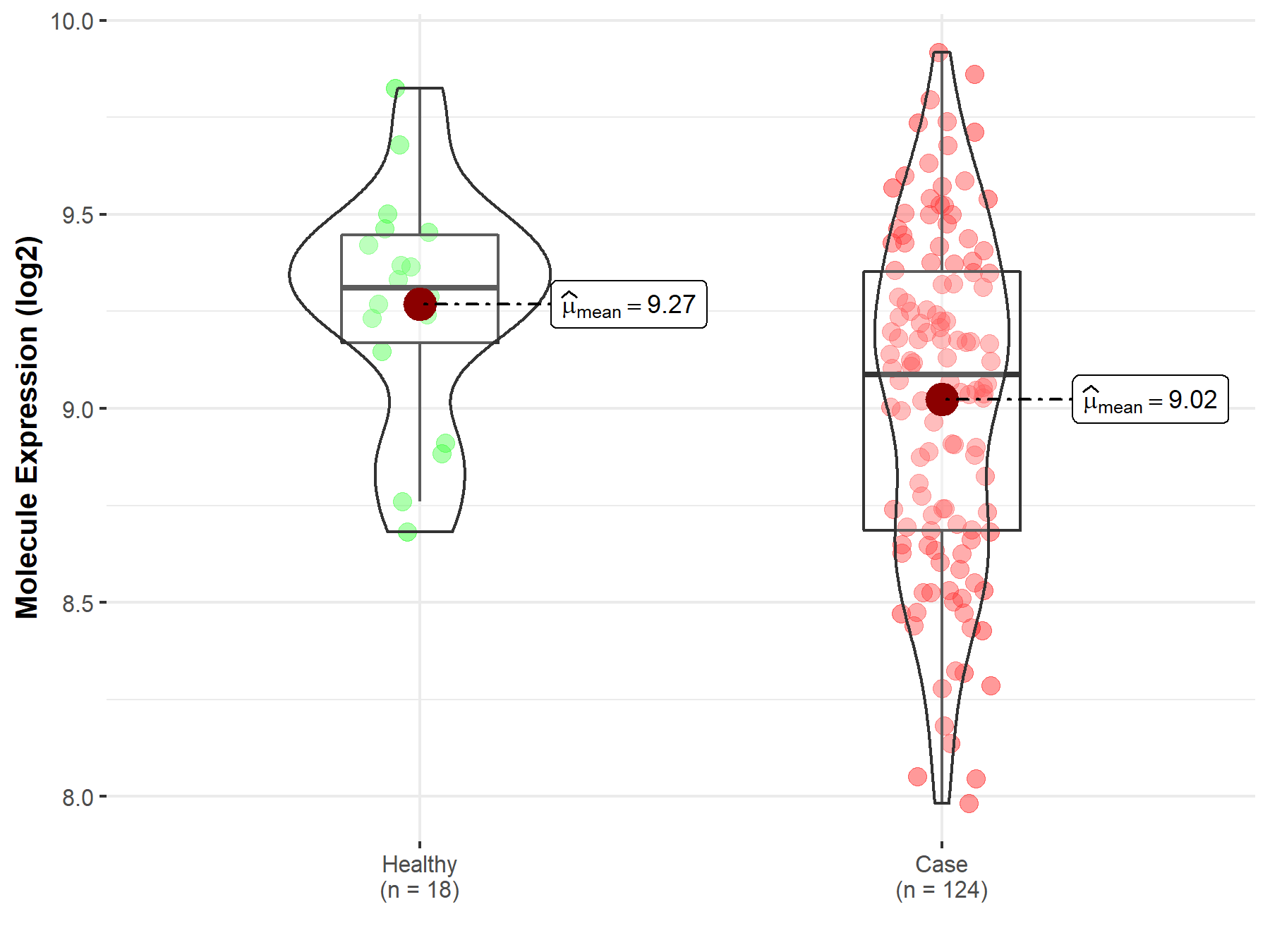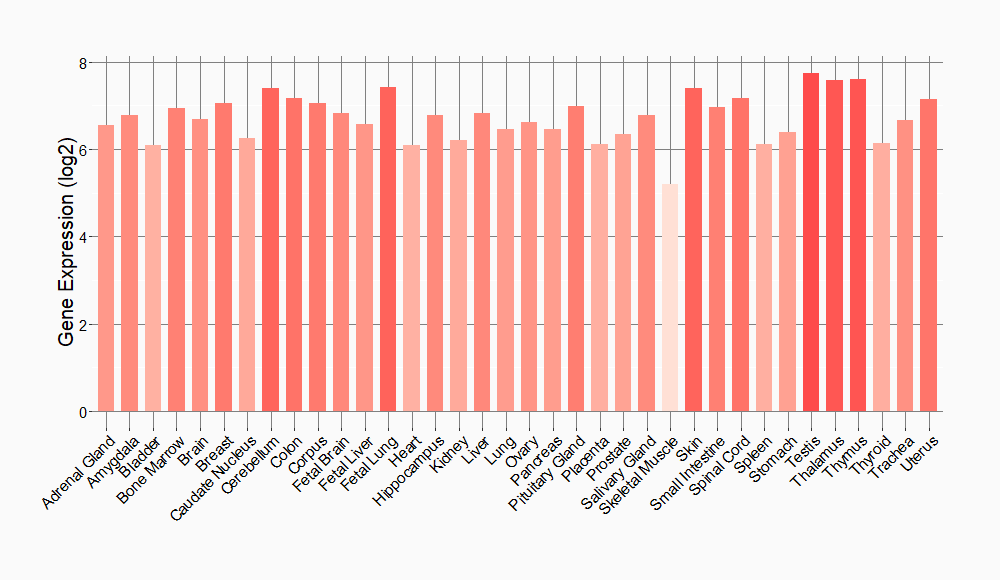Molecule Information
General Information of the Molecule (ID: Mol00239)
| Name |
Cysteine protease ATG4B (ATG4B)
,Homo sapiens
|
||||
|---|---|---|---|---|---|
| Synonyms |
AUT-like 1 cysteine endopeptidase; Autophagy-related cysteine endopeptidase 1; Autophagin-1; Autophagy-related protein 4 homolog B; HsAPG4B; hAPG4B; APG4B; AUTL1; KIAA0943
Click to Show/Hide
|
||||
| Molecule Type |
Protein
|
||||
| Gene Name |
ATG4B
|
||||
| Gene ID | |||||
| Location |
chr2:241637213-241673857[+]
|
||||
| Sequence |
MDAATLTYDTLRFAEFEDFPETSEPVWILGRKYSIFTEKDEILSDVASRLWFTYRKNFPA
IGGTGPTSDTGWGCMLRCGQMIFAQALVCRHLGRDWRWTQRKRQPDSYFSVLNAFIDRKD SYYSIHQIAQMGVGEGKSIGQWYGPNTVAQVLKKLAVFDTWSSLAVHIAMDNTVVMEEIR RLCRTSVPCAGATAFPADSDRHCNGFPAGAEVTNRPSPWRPLVLLIPLRLGLTDINEAYV ETLKHCFMMPQSLGVIGGKPNSAHYFIGYVGEELIYLDPHTTQPAVEPTDGCFIPDESFH CQHPPCRMSIAELDPSIAVGFFCKTEDDFNDWCQQVKKLSLLGGALPMFELVELQPSHLA CPDVLNLSLDSSDVERLERFFDSEDEDFEILSL Click to Show/Hide
|
||||
| 3D-structure |
|
||||
| Function |
Cysteine protease that plays a key role in autophagy by mediating both proteolytic activation and delipidation of ATG8 family proteins. Required for canonical autophagy (macroautophagy), non-canonical autophagy as well as for mitophagy. The protease activity is required for proteolytic activation of ATG8 family proteins: cleaves the C-terminal amino acid of ATG8 proteins MAP1LC3A, MAP1LC3B, MAP1LC3C, GABARAPL1, GABARAPL2 and GABARAP, to reveal a C-terminal glycine. Exposure of the glycine at the C-terminus is essential for ATG8 proteins conjugation to phosphatidylethanolamine (PE) and insertion to membranes, which is necessary for autophagy. Protease activity is also required to counteract formation of high-molecular weight conjugates of ATG8 proteins (ATG8ylation): acts as a deubiquitinating-like enzyme that removes ATG8 conjugated to other proteins, such as ATG3. In addition to the protease activity, also mediates delipidation of ATG8 family proteins. Catalyzes delipidation of PE-conjugated forms of ATG8 proteins during macroautophagy. Also involved in non-canonical autophagy, a parallel pathway involving conjugation of ATG8 proteins to single membranes at endolysosomal compartments, by catalyzing delipidation of ATG8 proteins conjugated to phosphatidylserine (PS). Compared to other members of the family (ATG4A, ATG4C or ATG4C), constitutes the major protein for proteolytic activation of ATG8 proteins, while it displays weaker delipidation activity than other ATG4 paralogs. Involved in phagophore growth during mitophagy independently of its protease activity and of ATG8 proteins: acts by regulating ATG9A trafficking to mitochondria and promoting phagophore-endoplasmic reticulum contacts during the lipid transfer phase of mitophagy.
Click to Show/Hide
|
||||
| Uniprot ID | |||||
| Ensembl ID | |||||
| HGNC ID | |||||
| Click to Show/Hide the Complete Species Lineage | |||||
Type(s) of Resistant Mechanism of This Molecule
Drug Resistance Data Categorized by Drug
Approved Drug(s)
1 drug(s) in total
| Drug Sensitivity Data Categorized by Their Corresponding Mechanisms | ||||
|
|
||||
| Disease Class: Cervical cancer [ICD-11: 2C77.0] | [1] | |||
| Sensitive Disease | Cervical cancer [ICD-11: 2C77.0] | |||
| Sensitive Drug | Pirarubicin | |||
| Molecule Alteration | Expression | Up-regulation |
||
| Experimental Note | Revealed Based on the Cell Line Data | |||
| Cell Pathway Regulation | Cell apoptosis | Activation | hsa04210 | |
| miR34C-5p/ATG4B-autophagy signaling pathway | Regulation | N.A. | ||
| In Vitro Model | Hela cells | Cervix uteri | Homo sapiens (Human) | CVCL_0030 |
| Siha cells | Cervix uteri | Homo sapiens (Human) | CVCL_0032 | |
| C33A cells | Uterus | Homo sapiens (Human) | CVCL_1094 | |
| In Vivo Model | Nude mouse xenograft model | Mus musculus | ||
| Experiment for Molecule Alteration |
Western blot analysis | |||
| Experiment for Drug Resistance |
CCK8 assay | |||
| Mechanism Description | On the one side, THP induces apoptosis, which results in cell death. On the other side, THP activates the MIR34C-5p-ATG4B-autophagy signaling axis via the sequential triggering of MIR34C-5p downregulation, ATG4B mRNA stability enhancement, and ATG4B upregulation and autophagy induction. Moreover, autophagy protects cervical cancer cells from cell death. The autophagy inhibitor CQ sensitizes cervical cancer cells to THP treatment. | |||
Disease- and Tissue-specific Abundances of This Molecule
ICD Disease Classification 02

| Differential expression of molecule in resistant diseases | ||
| The Studied Tissue | Cervix uteri | |
| The Specified Disease | Cervical cancer | |
| The Expression Level of Disease Section Compare with the Healthy Individual Tissue | p-value: 5.35E-03; Fold-change: -2.23E-01; Z-score: -7.39E-01 | |
|
Molecule expression in the diseased tissue of patients
Molecule expression in the normal tissue of healthy individuals
|
||
| Disease-specific Molecule Abundances |

|
Click to View the Clearer Original Diagram |
Tissue-specific Molecule Abundances in Healthy Individuals


|
||
References
If you find any error in data or bug in web service, please kindly report it to Dr. Sun and Dr. Yu.
